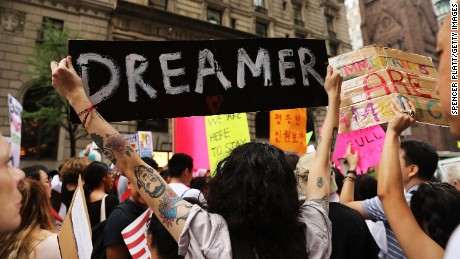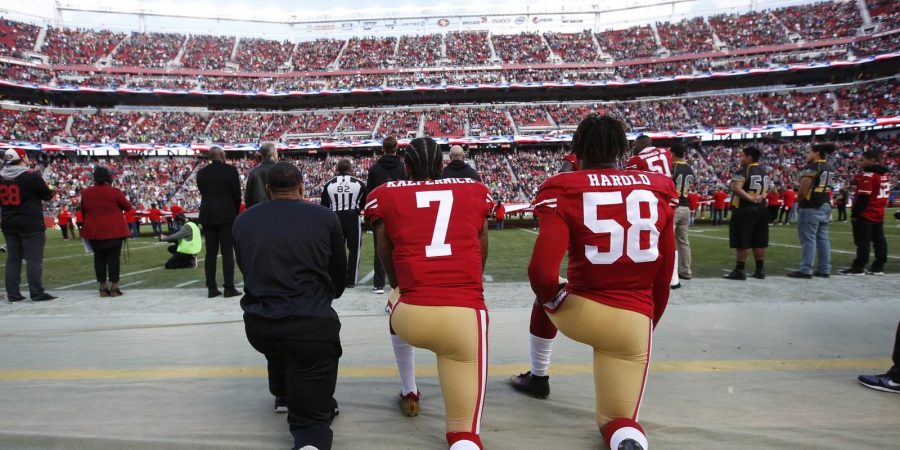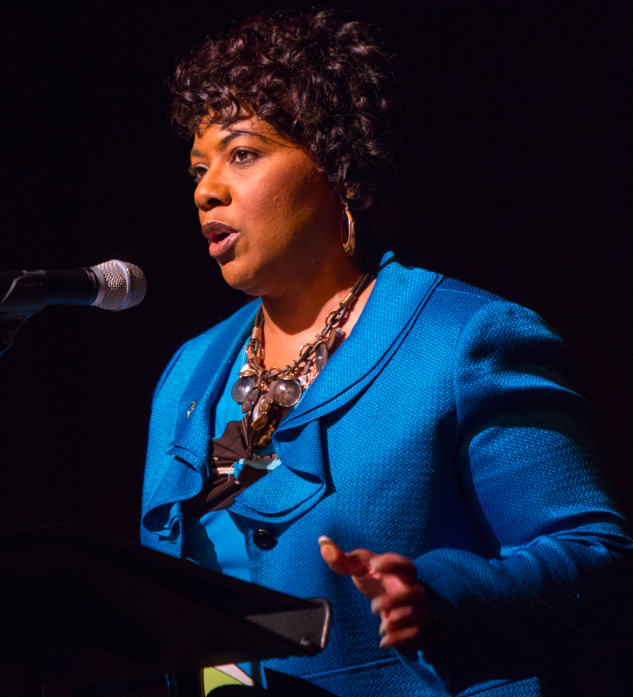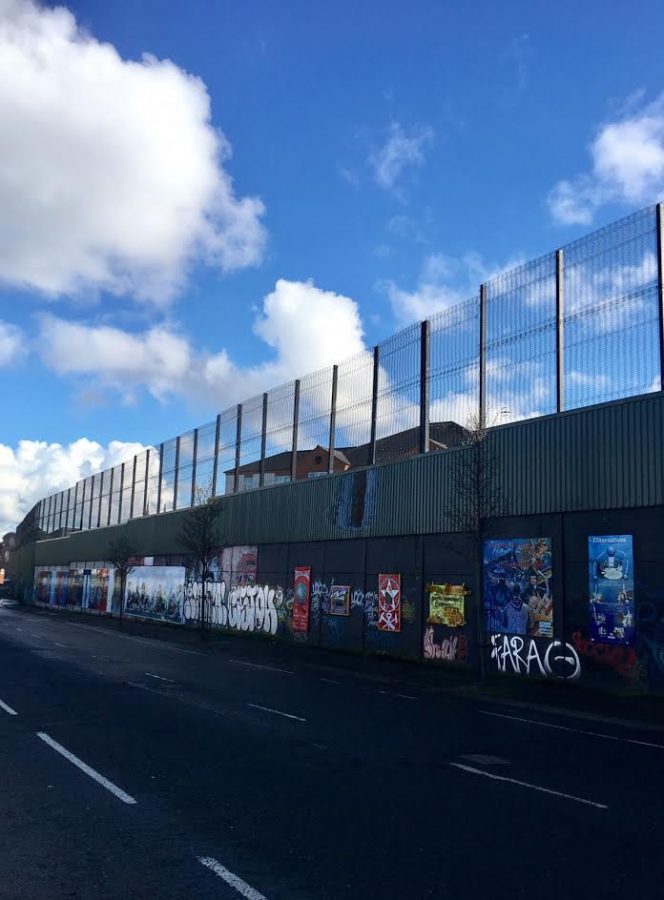By Julia Taliesin
Staff Writer
Hundreds of thousands of Rohingya, a majority-Muslim ethnic minority in Myanmar, are fleeing into Bangladesh. The current mass-exodus is a result of Myanmar military violence against Rohingya communities, forcing many to abandon their homes. Last week, Myanmar’s influential State Counselor Aung San Suu Kyi denied knowing who was behind the violence, saying, “We want to find out why this exodus is happening.” Human rights groups estimate that 400,000 people have fled to Bangladesh as a result of the violence.
The Roots of the Conflict

The Rohingya have been a persecuted minority in Myanmar for decades. About 1.1 million Rohingya live in Myanmar, the majority of whom live in Rakhine state, a small region bordering the ocean to the west, and Bangladesh to the north-west. Ethnic tensions have existed for years between the minority Muslim or Hindu Rohingya and the majority Buddhist population. The Rohingya speak a language more similar to a Bengali dialect than to anything spoken in Myanmar. They are not listed as one of 135 official Myanmar ethnic groups, and have therefore essentially been denied citizenship since 1982 (Al Jazeera). Rohingya have been fleeing Myanmar for decades due to systematic civic oppression, such as the restriction of their right to vote, work, travel, marry, and practice their religion, and there have been several “crackdowns” involving extremely violent acts committed by Myanmar military (Al Jazeera). They are often described as the “world’s most persecuted people” (The Guardian).
What’s Happening Now?
On Aug. 25, a Rohingya militant group, the Arakan Rohingya Salvation Army (Arsa), attacked and killed 12 police officers. Arsa, a group with only a few hundred members, has been described in the media as both terrorists and freedom fighters (The Washington Post). The military response has been incomparably severe: thousands of Rohingya refugees have told stories of massacres in their villages, with military raiding and burning their homes. While the government estimates 400 to be dead, the UN estimates 1,000. The UN’s top human rights official called this a “textbook example of ethnic cleansing.” This is not the first accusation of ethnic cleansing being carried out in Myanmar the Myanmar government was accused of conducting ethnic cleansing against the Rohingya in 2013 by the Human Rights Watch, and again in 2016 by the UN (Al Jazeera).
Many were hopeful that Suu Kyi, a Nobel Peace Prize laureate, would be doing more for the persecuted Rohingya. While Suu Kyi is not the president of Myanmar, she is seen by many as a “de facto leader” (BBC). She was awarded the Nobel Peace Prize after her years-long detention for her peaceful efforts to bring democracy to a then military-led Myanmar. The denial and inaction of Suu Kyi’s recent speech discouraged many because they thought she would stand up to the terrible violence of Myanmar’s army against the Rohingya. As reported by the Los Angelos Times, Suu Kyi also did not refer to the Rohingya by name, rather commenting that “the great majority of Muslims have not joined the exodus” and that the international community should look to Muslims who have “integrated successfully.” Human rights groups continue to report thousands of refugees streaming across the border into Bangladesh with tales of continuing violence against the Rohingya people.














